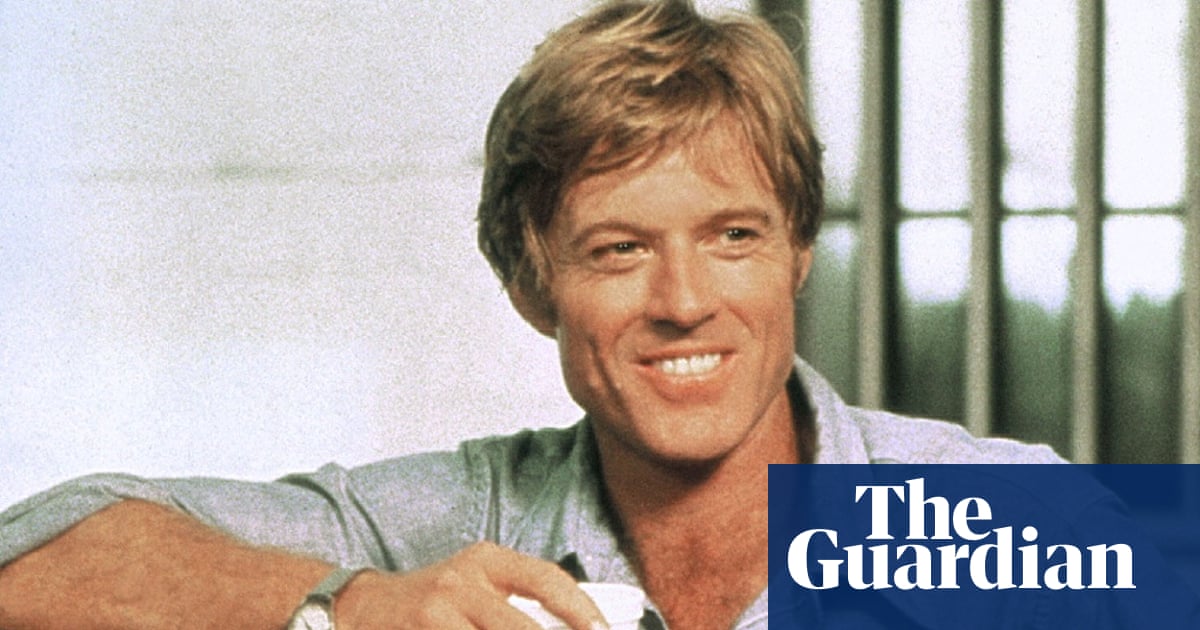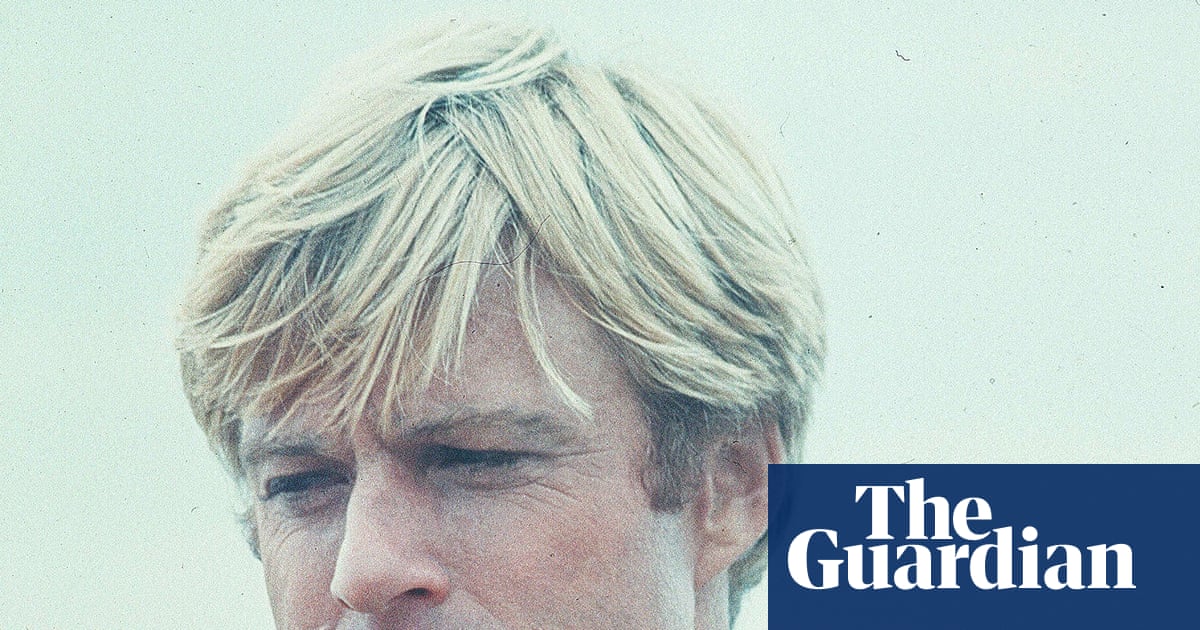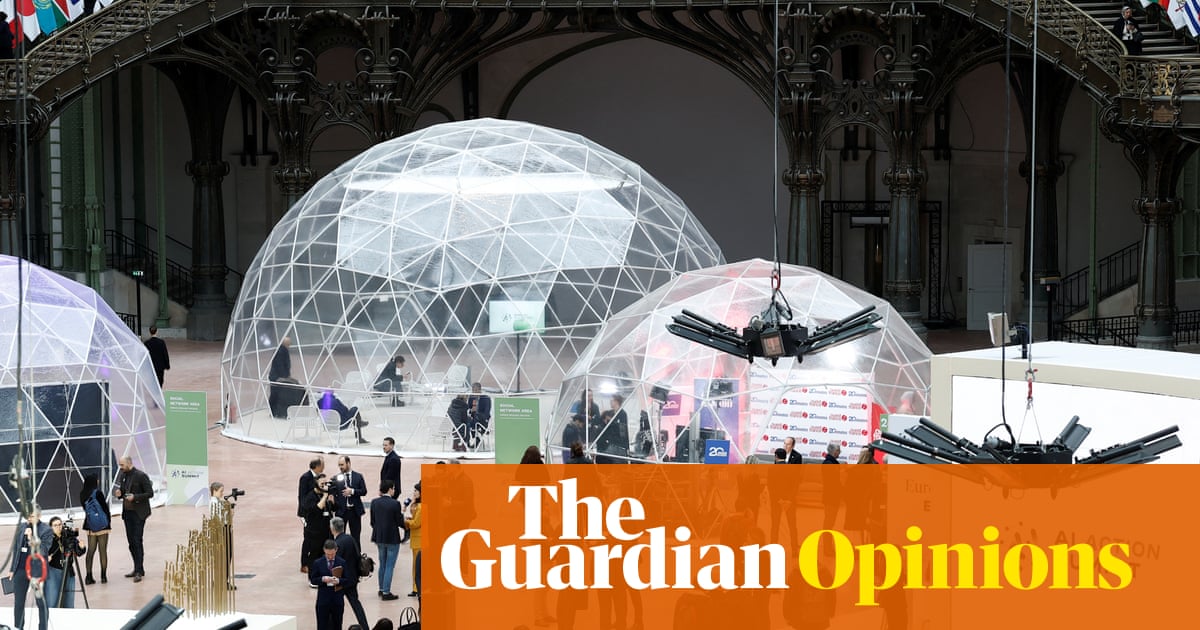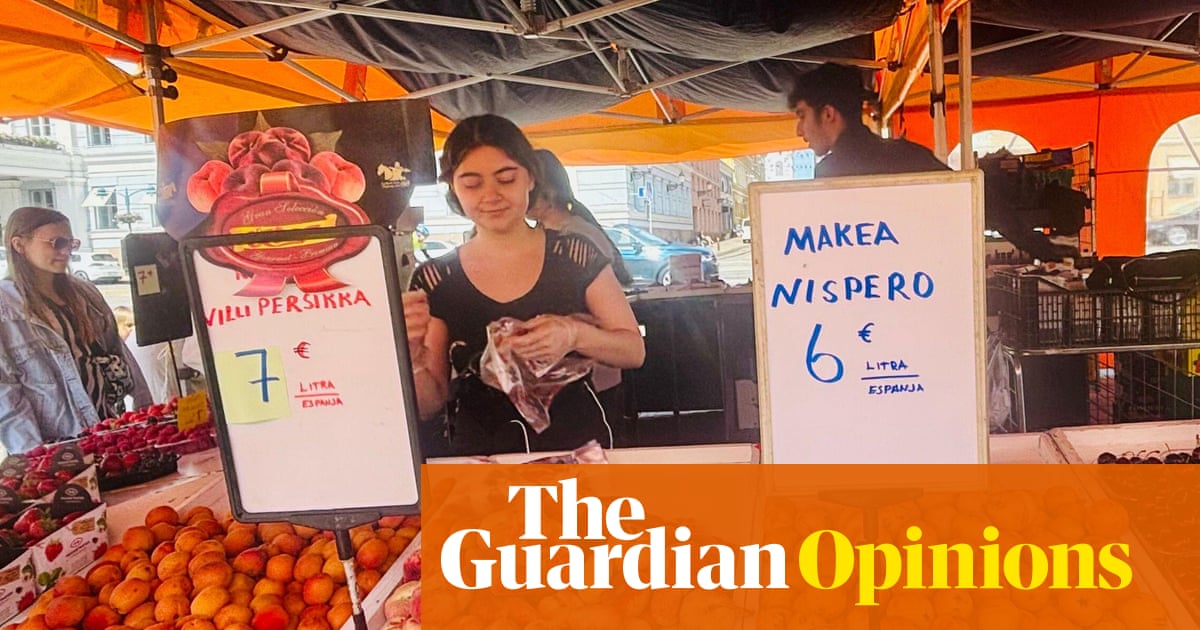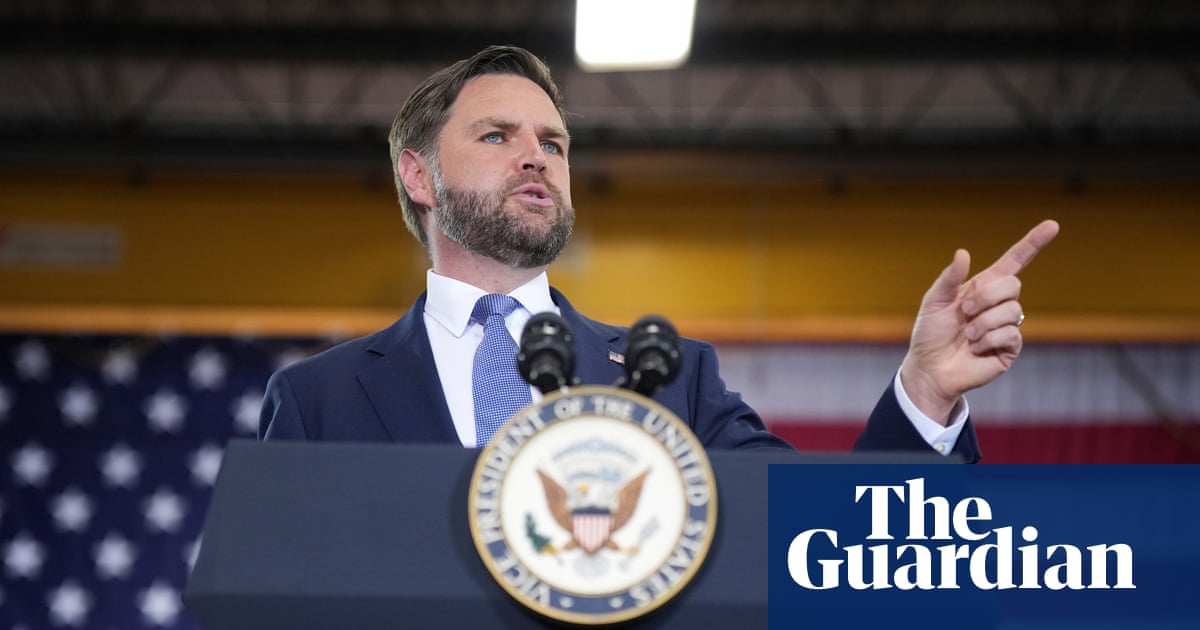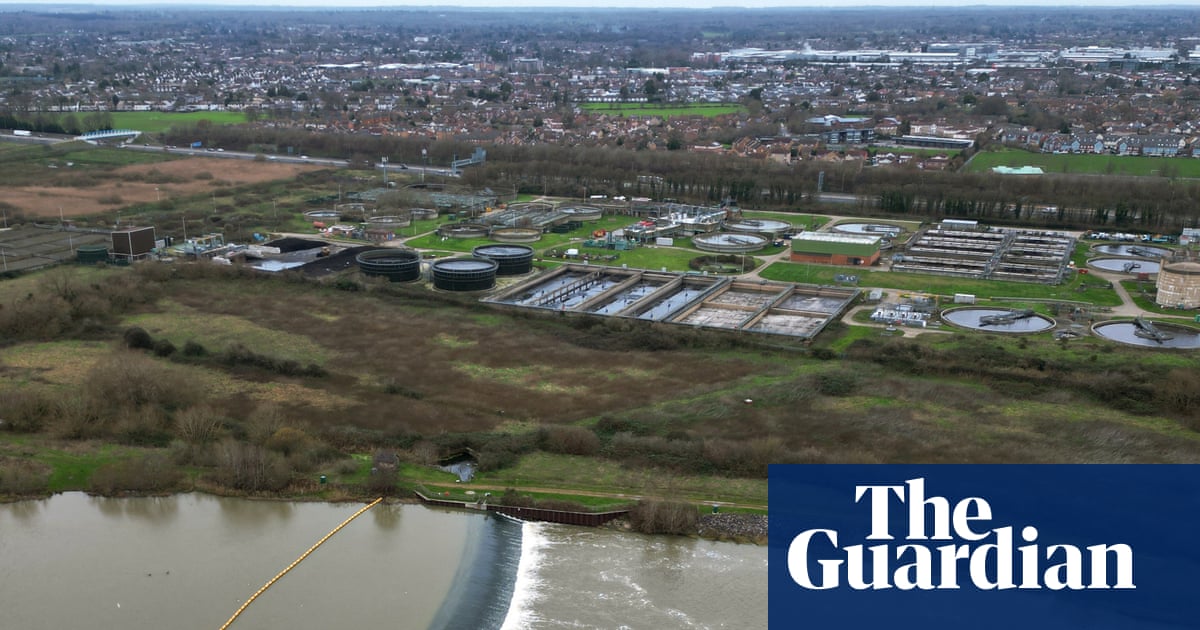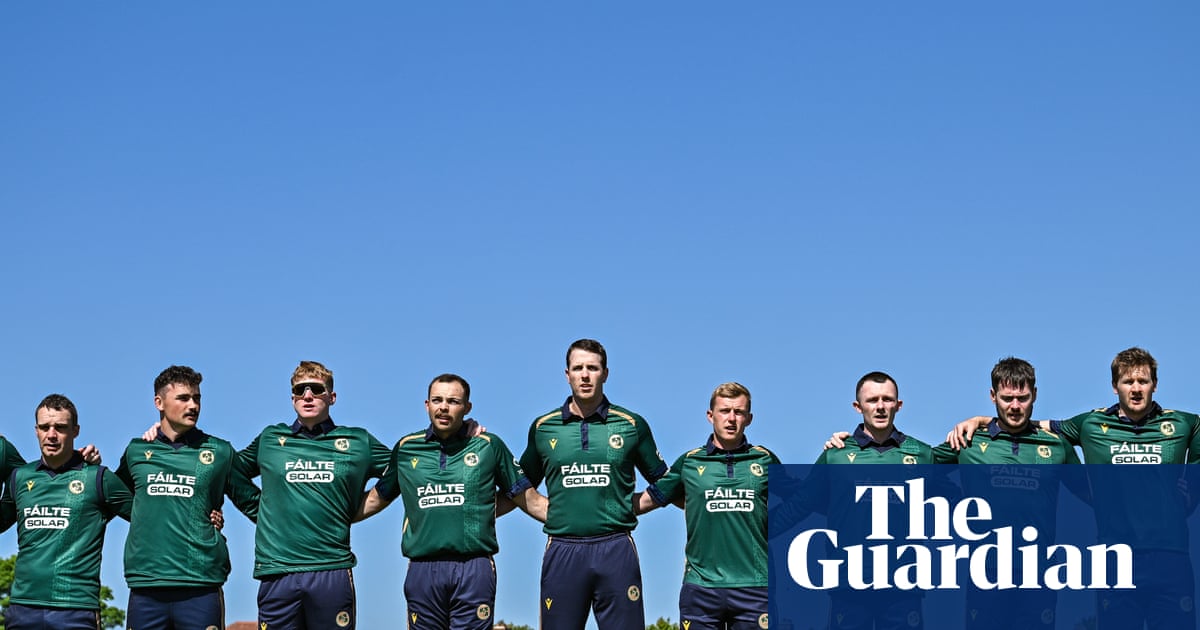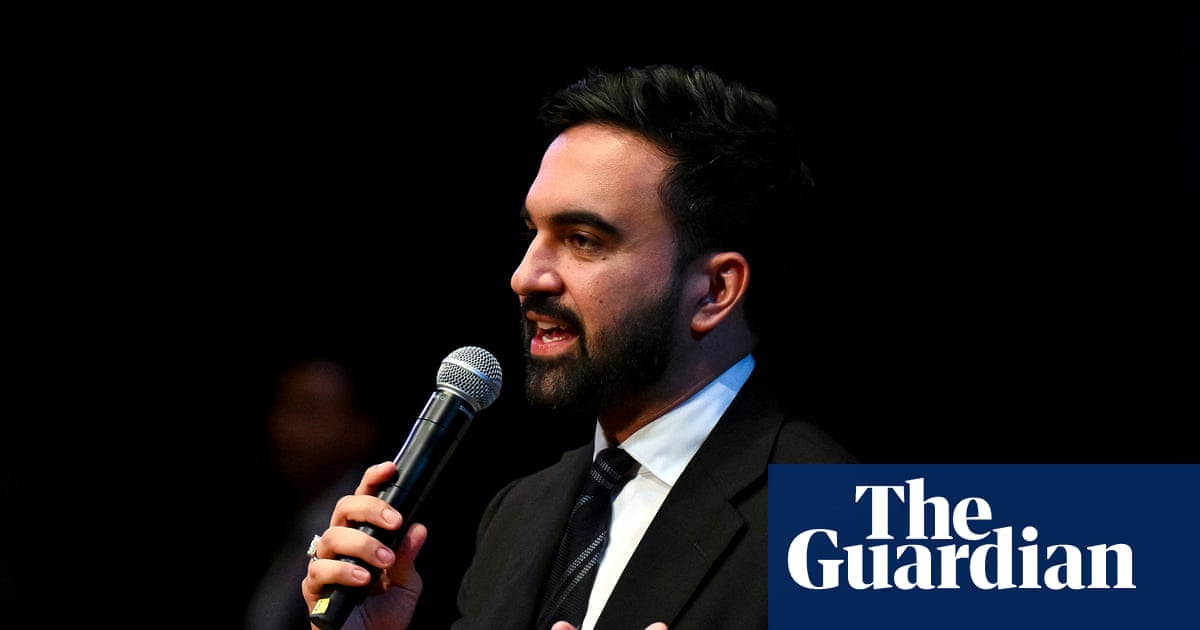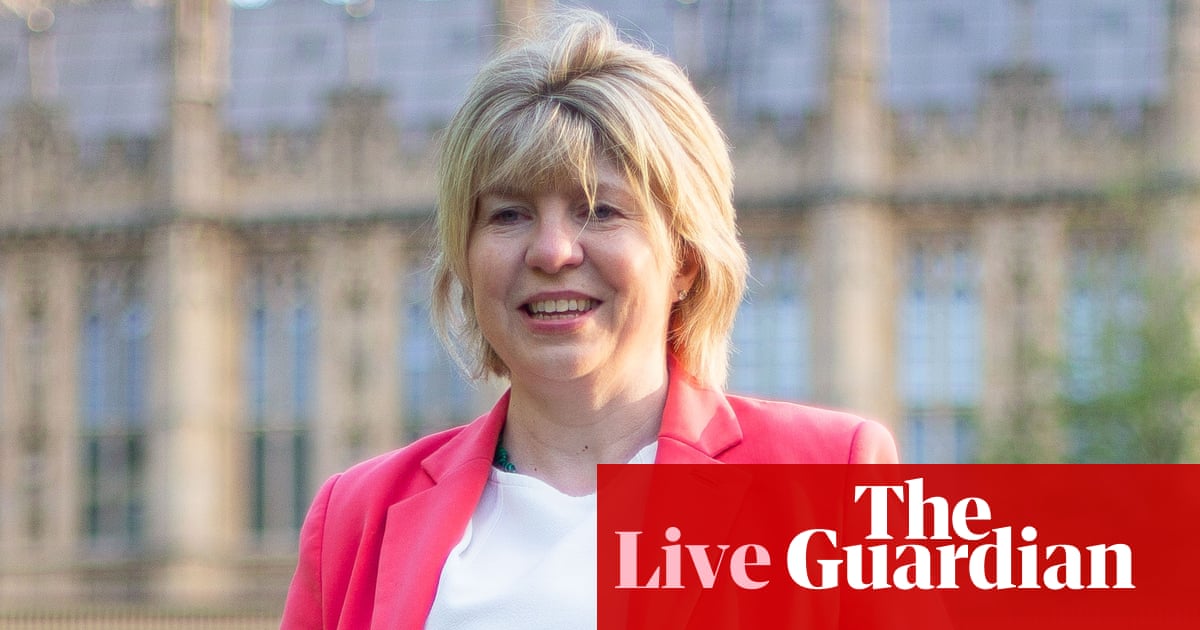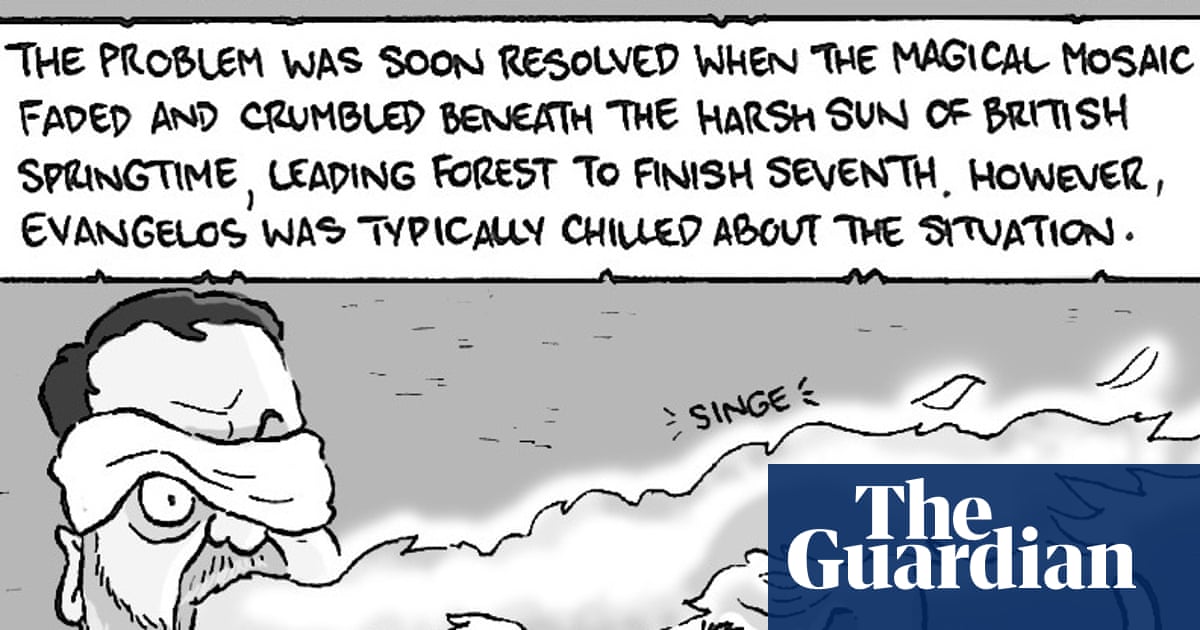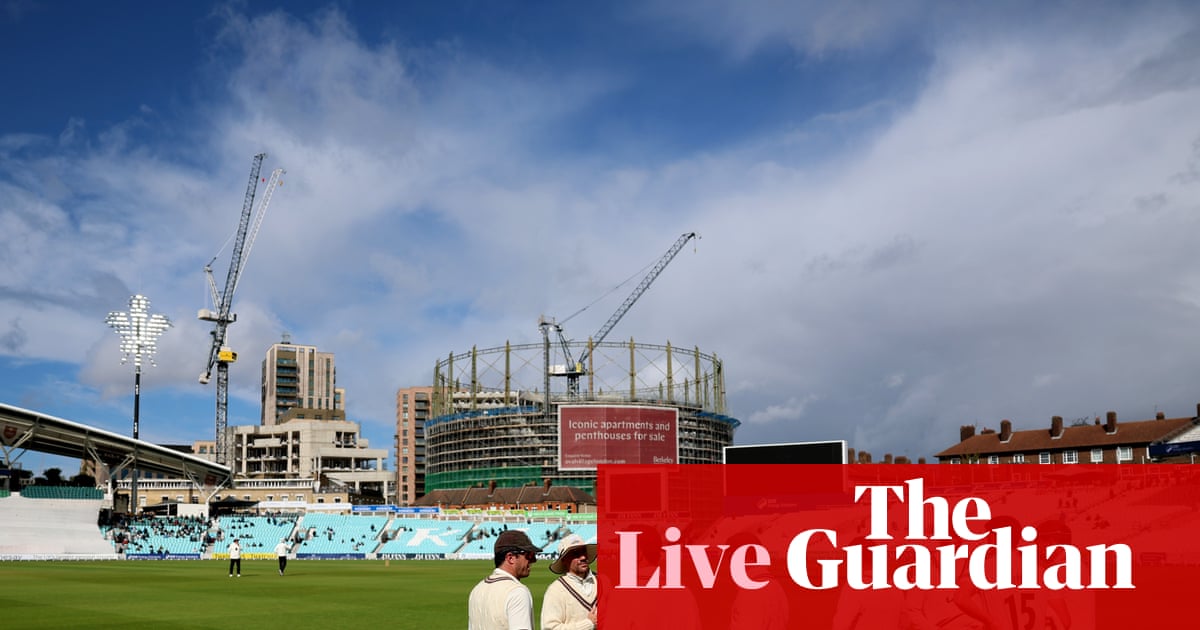It requires an effort to keep reminding yourself of the sheer historical oddity of monarchy’s healthy survival into the modern democratic age. Yet so rooted is the monarchy in the mental furniture of Britain that most people in our politics barely think about it. This week, however, the modern British monarchy has stood up and demanded to be counted, doing something new and perhaps genuinely consequential.
Judged by any yardstick, Charles III’s visit to Canada was an audaciously disjunctive event. The idea that a vibrant democracy such as Canada, with a highly sophisticated sense of its own complex identity, might summon an elderly hereditary monarch from across the ocean to provide a focal point for its resistance to Donald Trump’s existential threat takes some believing. Yet that was exactly what played out this week, when the king travelled to Ottawa to open the new Canadian parliament.
No monarch had bothered to make this trip for nearly 50 years. During that time, however, Canada has transformed itself into a major global power and has decisively slipped its old colonial bonds. Yet Trump’s threat to Canada is such that the country’s prime minister, Mark Carney, judged a summons to Buckingham Palace would send a useful newsworthy signal about its national sovereignty that would help bind the nation while sending a shot across the US president’s bows.
At least as significantly, when seen from Britain, King Charles was happy to oblige. Just as with the speech he delivers at Westminster at the start of a parliamentary session, Tuesday’s in Ottawa will have been scripted by the elected government. But the Ottawa speech had a far looser and more personal format than the Westminster version. This allowed the king to speak words that clearly mattered to him, and by which he will be judged.
Trump was not mentioned by name. Even so, he permeated the speech. The king endorsed Canadian national pride and said democracy, law, pluralism and global trade were on the line. He said Canada’s relationships with Europe would be strengthened and, speaking in French, he said Canada faces challenges unprecedented in the postwar era. He was proud that Canada was “an example to the world in her conduct and values, as a force for good”, and he ended, quoting from the Canadian national anthem, by saying “the true north is indeed strong and free”.
All this is an unmistakable rebuke to Trump’s rudeness, aggression and greed. The words are not neutral but committed. Whether the king sought approval from Keir Starmer for his visit and speech is not clear. His main adviser concerning the visit will have been Carney, who may have liaised with Downing Street. Starmer, committed to engaging with Trump, will have been content to keep his distance. The larger point, however, is that this was a willed act by the king. Charles did not have to travel and did not have to make the speech. But he did both, even while continuing to be treated for cancer.
The contrast with his mother is impossible to miss. Elizabeth II’s hallmark throughout her 70-year reign was a studied neutrality on public affairs. She was much praised for it during her lifetime, leading some commentators to assume that neutrality was now a precondition for monarchy’s survival, and others into infantile speculations about the symbolic messages that may, or may not, have been implied by what the queen was wearing. Even when Elizabeth did let slip a view – as in her “think very carefully about the future” comment during the 2014 Scottish referendum – the words could be as gnomic as they were rare.
During his long years as heir to the throne, however, Charles became a controversialist. He expressed views about a wide range of issues, from architecture to farming and the climate crisis. He lobbied ministers in handwritten “black spider” memos about them. This habit led some to predict that, when he succeeded to the throne, Charles would continue to be a protagonist on causes that mattered to him. In Mike Bartlett’s 2014 play King Charles III, the future monarch even abdicates rather than give his assent to a government bill restricting the freedom of the press.
In nearly three years as king, however, Charles has proved many doubters wrong. Monarchy watchers who suspected he would not change his ways now concede he has not overstepped any significant constitutional lines. Yet he has done the job his own way, not his mother’s. As the palace itself acknowledges, the king is walking a tightrope.
Charles’s visits and speeches push the boundaries. Ottawa is now the most dramatic example, but it is not the only one. At home, Charles has championed the UK union against national separatists. He took Starmer and Angela Rayner to visit a housing project in Cornwall. He has made visits to EU capitals, most recently to Rome, which harmonise with Starmer’s attempt to improve relations with Europe. He very publicly hosted President Zelenskyy only days after Trump’s savage assault on the Ukraine leader in the Oval Office. His most recent Christmas message focused on praising health workers.
So far, Charles has gotten away with it. Public concern for his own health, and for that of his family, has probably helped him. So has public sympathy over the behaviour of the Sussexes. To criticise Trump is also popular rather than risky. Amid all this, the public has cut Charles enough slack to be more himself. Those who warned that his more committed approach to public affairs could threaten the monarchy and boost republicanism have, at least at this stage, been proved wrong.
But this benign circle may not continue indefinitely. Monarchy is still an oddity. The tightrope is still there. Charles is still balanced on it. His approach to the job has won him approval, including grudging acknowledgment from some who previously disapproved of him. But these things are not static. Charles’s role carries risks which, when faced with a less patient public mood or different circumstances, could cause trouble for him and for the monarchy.
Assuming that Charles remains in good health for years to come, how might he handle a change of government? If the current feeding frenzy about a Nigel Farage prime ministership really came to pass in 2028-29, Charles could be faced with a government that might embrace a Maga president in Washington, abandon European alliances, dismiss the net zero agenda, and go out of its way to antagonise Scotland and Wales.
That would present Charles or the future King William with a very different Britain from the one with which they appear in sympathy. Yet it is a Britain that may be only three or four years distant. According to most evidence and most received wisdom, a generally well-disposed public is content to stick with the monarchy. Yet when so much else about the British state is struggling to adapt, and when monarchy remains historically improbable, why would the monarchy itself not struggle too?
-
Martin Kettle is a Guardian columnist

.png) 3 months ago
98
3 months ago
98
